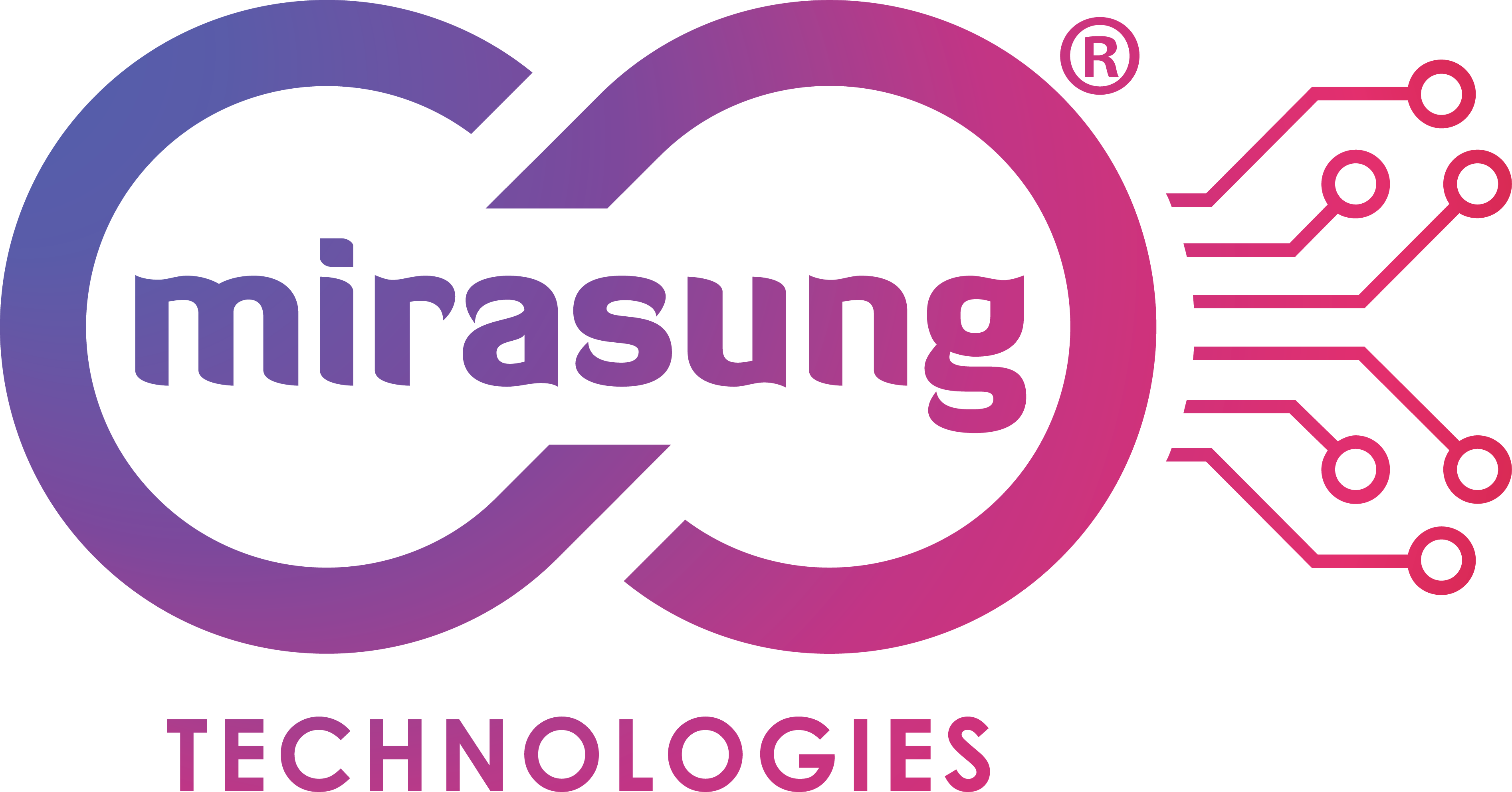Tredbo CRM
Customer Relationship Management (CRM) is a comprehensive strategy, process, and technology used by businesses to manage, analyze, and optimize interactions with their customers. It's designed to help companies build and maintain strong, long-lasting relationships with their customers, leading to increased loyalty and revenue. Here are the key details of CRM:
Centralized Customer Data:
CRM systems collect and store detailed customer information, such as contact details, purchase history, communication preferences, and interactions with the company.
Customer Interaction Tracking:
CRM systems track every customer interaction, including phone calls, emails, social media interactions, and in-person meetings.
Sales and Marketing Management:
CRM tools enable sales teams to manage leads, track sales opportunities, and forecast revenue. Marketers use CRM to create targeted campaigns and analyze customer responses for better segmentation.
Customer Service and Support:
CRM systems facilitate customer service by providing agents with access to customer histories, allowing for quicker issue resolution. Support tickets and inquiries can be efficiently managed through CRM.
Automation and Workflow Management:
CRM automates routine tasks, such as sending follow-up emails or assigning leads to sales reps. Workflow automation streamlines processes, enhancing efficiency and reducing human error.
Data Analytics and Reporting:
CRM platforms offer data analytics tools to gain insights into customer behavior, buying patterns, and trends. Customizable reports and dashboards help businesses make data-driven decisions.
Personalization and Segmentation:
CRM allows businesses to tailor their communications and offers to individual customer preferences and needs. Segmentation features help target specific customer groups with relevant content.
Integration and Scalability:
CRM systems can integrate with other business applications, such as email, marketing, and e-commerce platforms. They are scalable, adapting to the evolving needs of the business.
Mobile Accessibility:
Many CRM solutions offer mobile apps, enabling access to customer data and tools while on the go.
Customer Retention and Loyalty:
CRM helps businesses identify and nurture valuable, long-term customer relationships, ultimately increasing customer retention and loyalty.
Challenges:
CRM implementation can face challenges, including data quality issues, employee resistance, and the need for comprehensive training.
Benefits:
Benefits of CRM include improved customer satisfaction, increased sales, reduced costs, better marketing effectiveness, and enhanced competitiveness.
In summary, CRM is a multifaceted approach to managing and enhancing customer relationships, combining technology, processes, and a customer-centric philosophy. It enables businesses to better understand, serve, and retain their customers, ultimately leading to increased profitability and success.
